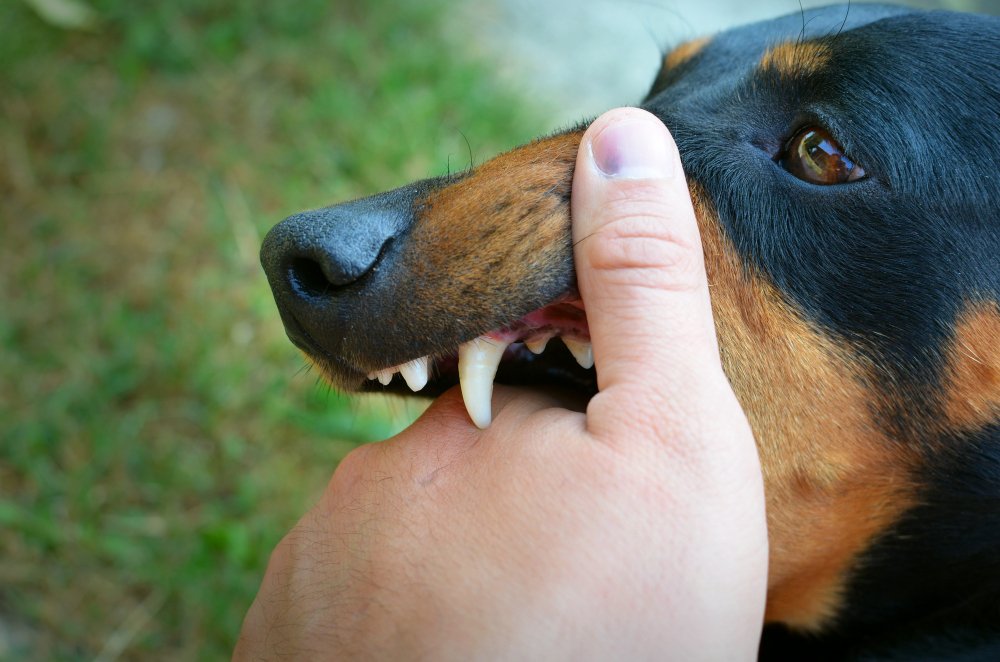Dogs are known for their loyalty, love, and companionship, but what about their ability to hold grudges? Understanding canine behavior is essential for maintaining a healthy relationship with our furry friends. This article will explore why dogs don’t hold grudges, address the understanding of grudges in dogs, and discuss various dog breeds’ temperaments, including the most dangerous dog breeds, the bulldog breed, the most friendly dog breeds, greyhound temperament, and least aggressive dog breeds. Additionally, we will delve into the role of upbringing, training, and responsible breeding in shaping a dog’s temperament and behavior.
Why Dogs Don’t Hold Grudges
While humans may hold onto negative feelings for an extended period, dogs are different. Their memory works differently from ours, and they have a limited capacity to remember specific events. Instead, dogs rely on associative memory, which helps them learn from past experiences based on consequences, rather than remembering specific incidents.
Dogs also have a strong instinct to live in the moment. Unlike humans, who often dwell on the past or worry about the future, dogs focus on the present. This natural tendency allows them to move on from negative experiences quickly.
Do Dogs Understand Grudges?
Grudges are a complex human emotion, and it is unlikely that dogs fully understand or experience them. Instead, dogs respond to their environment and the actions of others based on their instincts and learned behaviors. So, while dogs may react negatively to someone who has harmed them in the past, this response is more likely due to associative memory rather than a conscious understanding of holding a grudge.
Do Dogs Feel Resentment?
Resentment is another complex human emotion that dogs are unlikely to experience. While dogs can express a range of emotions, such as happiness, fear, and anxiety, resentment requires a level of cognitive processing that dogs do not possess. Instead of holding onto negative feelings, dogs are more likely to move on and focus on the present.
One reason people may believe dogs feel resentment is the phenomenon of the humanization of animals. This occurs when humans attribute their own feelings, thoughts, and habits to animals, particularly pets. The tendency to humanize dogs can lead to misconceptions about their emotions and behaviors, causing people to mistakenly assume that dogs experience resentment or hold grudges.
It is essential to recognize that while dogs have their own range of emotions, these emotions differ from human emotions in many ways. Understanding the differences between human and canine emotions can help prevent misinterpretations of a dog’s behavior and improve our relationship with our furry companions.
Do Dogs Hold Grudges After a Fight?
Dogs may exhibit aggressive behavior during a fight, but once the conflict has ended, they are likely to move on quickly. Dogs do not hold grudges after a fight; instead, they rely on their instincts and associative memory to dictate their behavior in the future.
The Most Dangerous Dog Breeds
Some dog breeds have gained a reputation for being more dangerous than others. Breeds such as Pit Bulls, Rottweilers, and Doberman Pinschers are often perceived as more aggressive due to their size, strength, and history as working or guarding dogs. However, it is essential to note that any dog can exhibit aggressive behavior, regardless of breed, and proper training and socialization are crucial in preventing aggression.
Despite the reputation of these breeds, there is no evidence to suggest that the most dangerous dog breeds are more likely to hold grudges than other breeds.
It is important to emphasize that a dog’s aggressiveness and temperament are much more closely linked to how the animal was raised than to its breed. A dog’s upbringing, including factors such as early socialization, training, and the environment in which it was raised, plays a significant role in shaping its behavior. Dogs that are raised in loving, nurturing homes and receive proper socialization and training are less likely to exhibit aggressive behavior, regardless of their breed.
As such, it is crucial for pet owners to invest time and effort into training and socializing their dogs, rather than focusing solely on breed stereotypes. By doing so, we can create a more harmonious relationship with our canine companions and reduce the likelihood of aggressive behavior.
The Bulldog Breed
The bulldog breed is known for its distinctive appearance, featuring a muscular body, wrinkled face, and pushed-in nose. Bulldogs were originally bred for bull-baiting, a cruel sport that has been banned for centuries. Despite this history, modern bulldogs are generally friendly, docile, and good with children.
Bulldogs are not known for holding grudges or exhibiting aggressive behavior. Their temperament is more likely to be gentle and affectionate, making them suitable family pets.
Most Friendly Dog Breeds
Some dog breeds are known for their friendly and sociable nature. Breeds such as Golden Retrievers, Labrador Retrievers, and Beagles are often considered the most friendly dog breeds due to their easy-going and adaptable personalities. These breeds are more likely to be affectionate and good with people, making them excellent choices for families and first-time dog owners.
There is no evidence to suggest that most friendly dog breeds are more likely to hold grudges. On the contrary, their friendly nature and desire to please their owners make them less prone to aggressive behavior and more likely to forgive and forget any perceived slights.
Greyhound Temperament
Greyhounds are an ancient breed known for their incredible speed and agility. Originally bred for hunting and racing, these graceful dogs have adapted well to life as family pets. The greyhound temperament is generally calm, gentle, and affectionate. They are intelligent and sensitive dogs, forming strong bonds with their owners.
Like other breeds, greyhounds are not known to hold grudges. Their gentle nature makes them more likely to focus on the present and move on from negative experiences quickly.
Least Aggressive Dog Breeds
While all dogs have the potential to exhibit aggressive behavior, some breeds are less likely to do so. Breeds such as the Cavalier King Charles Spaniel, Pug, and Bichon Frise are often considered the least aggressive dog breeds due to their friendly and gentle dispositions. These dogs are more likely to get along with people and other animals, making them excellent companions for anyone looking for a sociable pet with other animals and children.
Just like the other breeds mentioned in this article, the least sociable dog breeds are unlikely to hold grudges. Their gentle and friendly nature means they are more likely to forgive and forget any negative experiences, focusing on the present rather than dwelling on past conflicts.
When acquiring a purebred dog, an essential factor to consider is the quality of the kennel from which you will purchase your pet. Many reputable breeders carefully select the dogs they breed based on temperament, resulting in puppies with more friendly temperaments. By choosing a responsible breeder who prioritizes the health and temperament of their dogs, you increase the likelihood of bringing home a well-adjusted, good-natured pet.
It is crucial to remember that a dog’s temperament is influenced by various factors, including genetics, upbringing, and the environment in which it was raised. By selecting a dog from a reputable breeder, providing proper socialization and training, and understanding the unique needs of your pet, you can foster a harmonious and loving relationship with your canine companion, regardless of its breed.
Conclusion
In summary, dogs do not hold grudges the way humans do, due to their different memory processing and natural instinct to live in the moment. While some breeds may have a reputation for being more dangerous or aggressive, a dog’s temperament is more closely linked to its upbringing, training, and the quality of the kennel from which it was acquired. By understanding the factors that contribute to a dog’s behavior, such as their breed, history, individual personality, and the care they receive, we can better appreciate the reasons behind their actions and foster a deeper connection with our furry friends.
Remember that all dogs are unique, and the best way to ensure a healthy, happy relationship with your pet is to invest time and effort into understanding their needs and providing them with the care, socialization, and training they deserve. By doing so, we can break free from breed stereotypes and create harmonious bonds with our canine companions, regardless of their breed or temperament.

